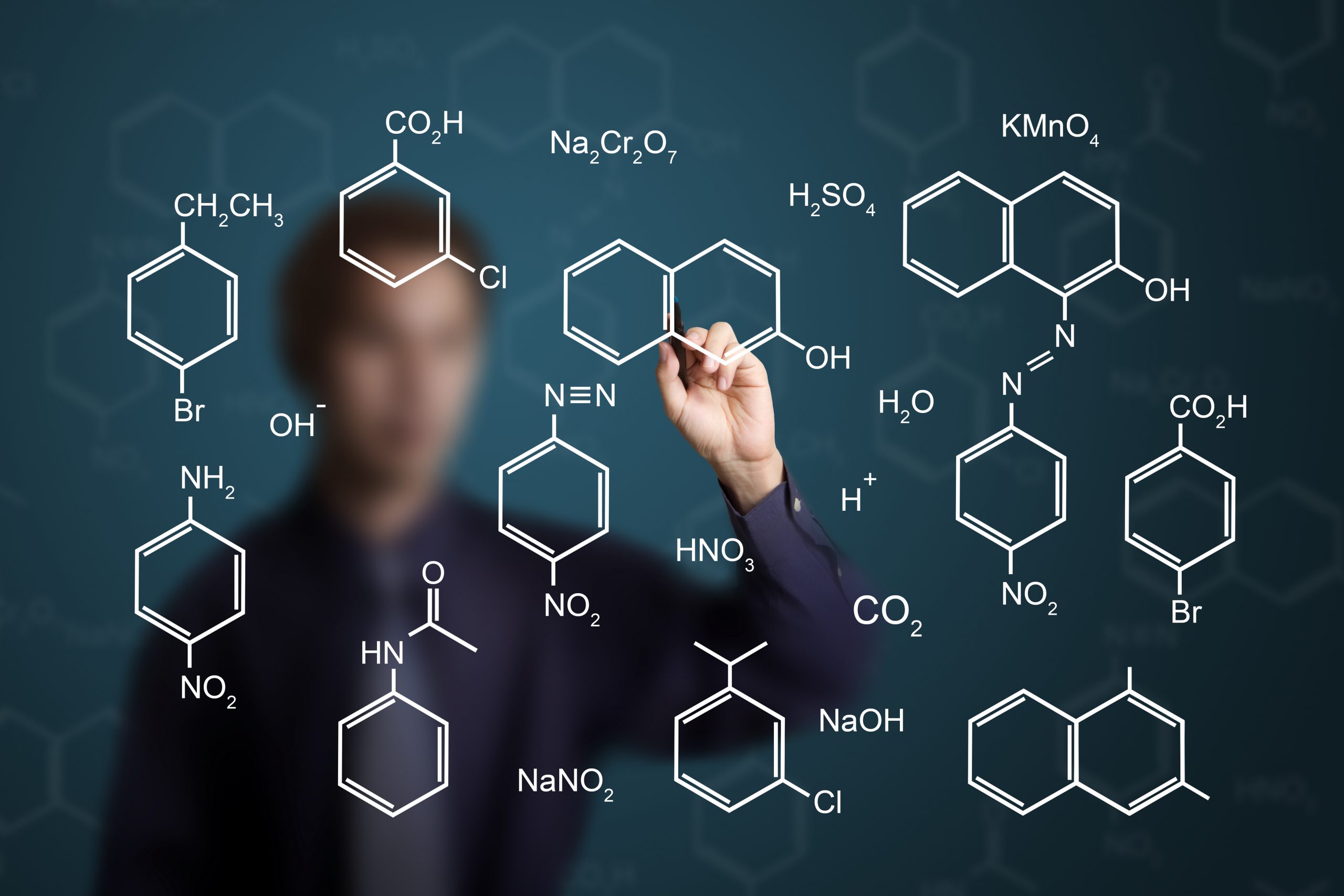
What Is Biotechnology?
Biotechnology is a field of chemistry that utilises biological and biomolecular processes to develop products that improve our lives. With biotechnology, we’re able to combine our understanding of microorganisms and living systems with our understanding of technology to develop things like pharmaceuticals, antibiotics, and hormones. Despite its futuristic name, biotechnology

What’s The Difference Between Organic & Inorganic Chemistry?
The main difference between organic and inorganic chemistry is the presence (or absence) of carbon in the compounds that are being studied, processed, or synthesised. The main concern of organic chemistry is compounds that have carbon or carbon chains in them, like hydrocarbons or proteins. Inorganic chemistry, on the other

What Is The Study Of Biochemistry?
Biochemistry is a field of chemistry that’s related to both the physical and biological sciences. Specifically, it’s focused on organic chemicals produced and processed by living organisms, such as enzymes and hormones. Unlike organic chemistry, which studies organic chemicals that aren’t biologically integrated with living organisms, biochemistry is mainly concerned

What Is Organic Chemistry?
What is organic chemistry and how is it related to other STEM subjects? What is the importance of learning organic chemistry if you want to pursue a career in chemistry, and what are the applications of organic chemistry? These are some of the questions that this article will seek to

What Can I Do With A Biochemistry Degree?
If you’re wondering what you can do with a biochemistry degree, you have many options from teaching and research to medicine. If you are already pursuing a biochemistry degree, you likely have a bright future ahead of you. You can either pursue a career in scientific research or use your











